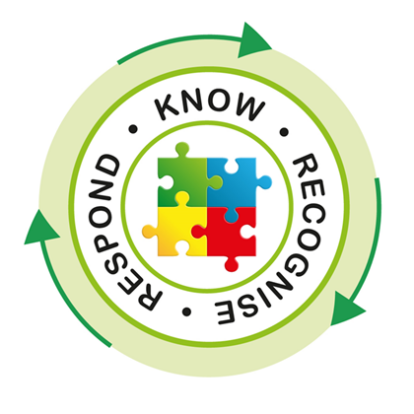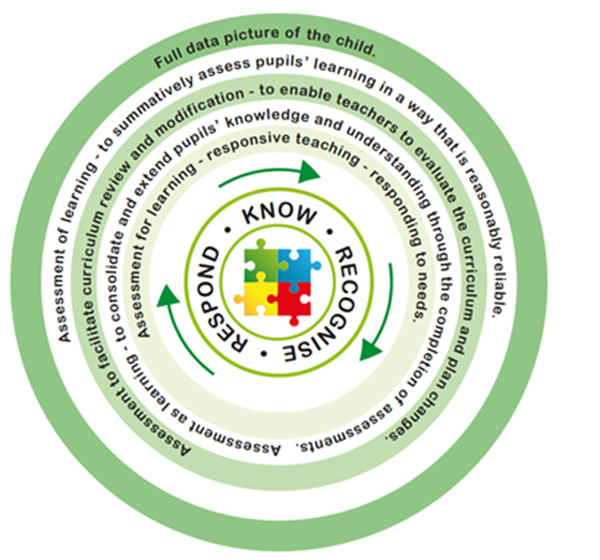Assessment
Our purpose, our why
Here at Chapel Street we will:
- Know where every child is
- Recognise potential
- Respond to their needs to ensure they achieve success
Our Assessment Overview
At Chapel Street Community Primary we see curriculum as the progression model. We believe that pupils ‘make progress’ if they learn more and remember more of the intended curriculum over time.
We believe that assessment should align seamlessly with curriculum intent and its delivery. At CSPS, assessment has 4 key purposes:
- Assessment for learning- to facilitate adapted and responsive teaching, which in turn enables pupils to remember more of the intended curriculum.
- Assessment as learning- to consolidate and extend pupils’ knowledge and understanding of different domains through the completion of assessments.
- Assessment to facilitate curriculum review and modification- to enable teachers to evaluate the curriculum and plan changes.
- Assessment of learning- to summatively assess pupils’ learning in a way that is reasonably reliable.

What does success look like?
- A school where its curriculum, focus on teaching and learning and assessment systems are interconnected.
- Data is reliable and is used effectively to improve outcomes.
- Data outcomes show sustained improvement. Moving to at least in-line with similar schools and moving to be more broadly in line with national.
- Assessment policies and systems are robust and are fair and reasonable for staff.
- Accountability and support in order for all children to reach their potential.
Parents
- Have a good understanding of strengths and next steps for their child. They feel part of their child's learning journey.
Children
- Confident, aspirational children who know their strengths and their next steps.
Governors
- Trust the data because they are aware of the rigorous and systematic approach for assessment in our school. They use data to effectively hold leaders to account.
Staff
- Who can confidently and articulately give examples of the vision and demonstrate best practice in their classroom.
- Staff take ownership of their data - they understand and use it to improve outcomes for every child.
Community
- Good reputation in the community for a school having high aspiration, a strong drive for school improvement and achieving sustainable progress.
Leaders
- Who have a strong understanding and knowledge of assessment information and use this to drive improvements, hold to account and inform professional support and challenge.


